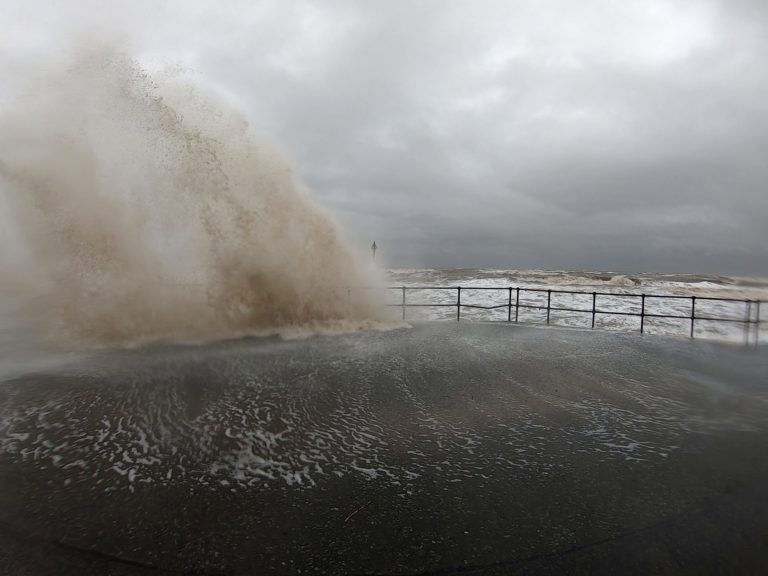The Natural Environment Research Council (NERC) has invested £6.5m (US$8.2m) in the creation of a new flood research center to support the doctoral training of the next generation of PhD students in flood management. It is part of an investment in four new Centers for Doctoral Training (CDTs) covering wetland restoration, sustainable mineral resources and freshwater quality, alongside flood management.
The flooding CDT led by Ivan Haigh, a professor and researcher at the University of Southampton, will improve understanding of drivers of flooding, for example, from rainfall, high soil moisture, enhanced river discharge, surface runoff and storm charges. It will also look into how climate change, changing population and development, and public perceptions affect flood risk.
The new cohort of researchers will develop new approaches to map and forecast floods including: advanced monitoring; new forms of computer modeling; and advances in artificial intelligence (AI) and machine learning (ML). They are also expected to develop new flood management strategies. The hub will work to develop a talent pool of environmental experts invested in protecting against rising river, rainfall and sea levels. It aims to make the UK more resilient to flooding.
The flood center will also be supported by experts from the universities of Bristol, Loughborough and Newcastle, the National Oceanography Centre (NOC), the UK Centre for Ecology and Hydrology and the British Geological Survey. Alongside this, 37 organizations in the flood sector across the UK will support the project – from local authorities, national government, water, energy and infrastructure companies, environmental, engineering and management consultancies, regulators, finance and (re)insurance companies and charities.
Haigh said, “Flooding is the most destructive natural hazard that humanity faces with nearly two billion people exposed to its risk. We need to act now and come together to improve the way we manage the large and growing threat of flooding in the UK and elsewhere in the world. We will train experts to best understand how to tackle the challenges of floods in future years, not only for the UK but countries globally who are facing extreme problems from climate change. The biggest drivers of flooding are increased river flow, surface runoff, storm surges and waves, which are compounded by climate change and shifting populations.”
Dr Jennifer Brown, coastal oceanographer and deputy director at NOC, added, “The new hub will work to combat these growing drivers of flooding. This is a great opportunity to focus science research directly around the challenges faced by those managing and responding to flooding.”
For more key hydrology updates from the meteorological technology industry, click here.



